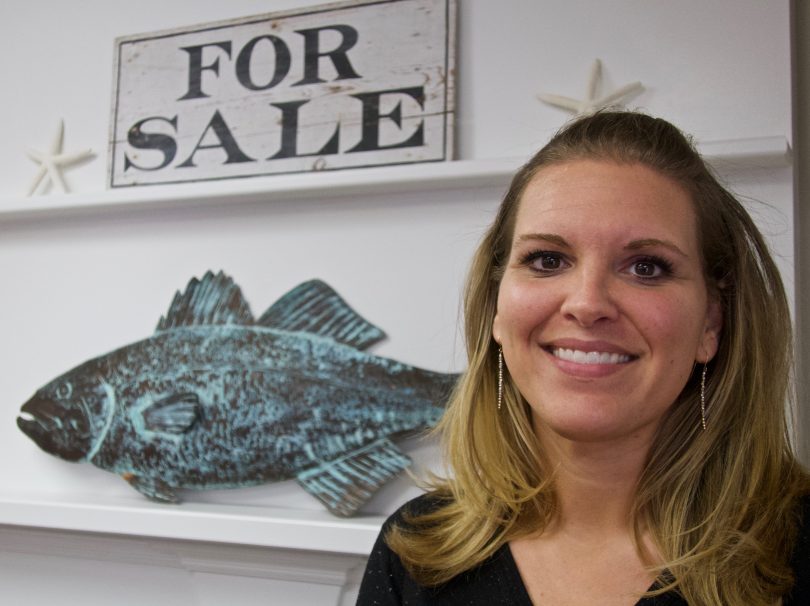CAPE COD – Lindsey O’Connell, a realtor with Orleans Village Properties, lives in Chatham “on a cul-de-sac with eight homes. I am one of two year-round residents on the street,” she said. Joe Arnao, area manager for the Lower Cape and the Outer Cape for William Raveis Real Estate, lives in Sandwich on a street…
You may also like
Happy Fourth of July – It all feels so… “normal” – an Essay
Harvest Days: Remembering Michael Pearson’s Harvest Gallery Wine Bar
The Grab Brothers Make Hippie Happy Music – A Profile
A Paywall For Our Longform Stories
“No Kings” Protests in Falmouth & Provincetown – VIDEO + ESSAY
RIP Bruce Maclean – “the last old-time freak”
The “Functional Art” of Walter Baron, Boatbuilder – A Profile
Follow The Money, and The Good Vibe; Why Shop Local – An Essay
Making Things Happen; Attorney Bruce Bierhans – A Profile
The “Y” in the road; Another “Most Important Election Of Our Lifetime” – An Essay
Are We Winning? In Our Summer Paradise, Summer Is Warmer & Longer
Dream Job: Rich Rogers’ Blue Collar Path to WMVY – A Profile
Happy? Fourth Of July – An Essay
Wear A Cape Cod Wave Hat Near Cape Cod Waves
Christmas Cavalcade For The Homeless Set For December 17 At The Music Room In Yarmouth
Looking Back – 10 Stories, 10 Years
My Dream 10-Year Anniversary Concert That Did Not Happen
Cape Cod Wave Magazine is 10 Years Old
Dan McKeon: Ptown’s Available Housing Matchmaker – A Profile
Mwalim: Da Phunkee Professor, Artist, Writer & Groovalotto – A Profile
Martha’s Vineyard, Political Symbol – An Essay
Zoe Lewis: Provincetown’s Jazzy Zen Vaudeville Vagabond – A Profile
Eradicating Racial Wealth Gap Theme for Hyannis Event
ArtsCape: The Quirky Creations of Sue Beardsley
George Sylvestre, Fishing The Brewster Flats – A Guide’s Story
Andy Dufresne: 91 Candles For Falmouth’s Civic-Minded Barber – A Profile
Cape Cod Wave Magazine is 9 Years Old!
WOMR At 40; An Outermost Radio Tale of Audacity & Tenacity
Disturbing Graffiti On Hamlin Avenue, Falmouth – Editorial
Falmouth Town Meeting Returns to ‘Old School’ Vote Counting — This Time
About the author
Brian Tarcy
Brian Tarcy is co-founder of Cape Cod Wave. He is a longtime journalist who has written for the Boston Globe, Boston magazine, the Cape Cod Times and several other publications. He is the author of "YOU CAN'T SELL RIGHT FIELD; A Cape Cod Novel." He is also the author or co-author of more than a dozen mostly non-fiction books, including books with celebrity athletes Cam Neely, Tom Glavine and Joe Theisman. His previous book was, "ALMOST: 12 Electric Months Chasing A Silicon Valley Dream" with Hap Klopp,who created the iconic brand, The North Face.
For more information, see Briantarcy.com
Brian is a long-suffering Cleveland Browns fan with a long-running NFL predictions/political satire column connecting weekly world events to the fate of his favorite team, now at Whatsgonnahappen.com.






























